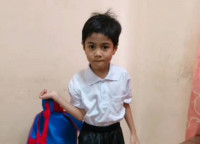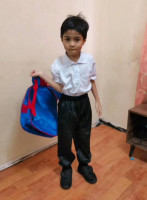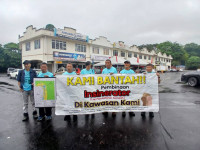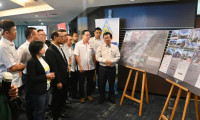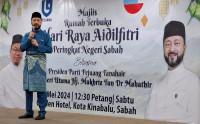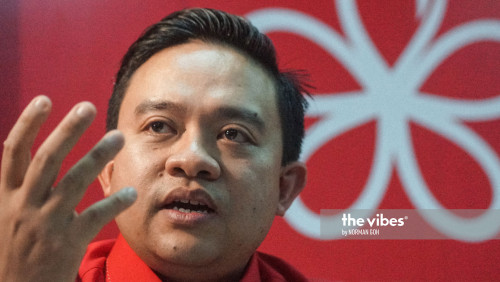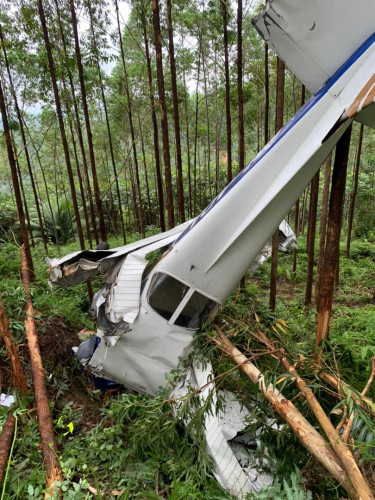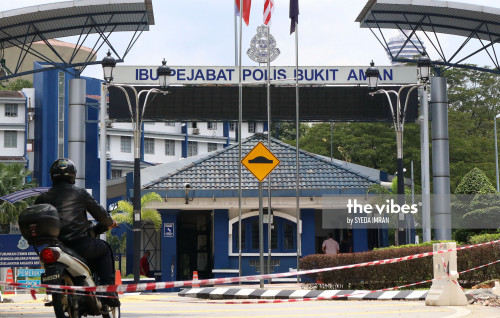THE last decade had brought about a huge shift in the way we tell our stories and access information. There is certainly a rise in the accessibility of information on the Internet. And with a surge of new social media platforms gaining popularity all over; it changes the way we hold conversations and the way we communicate.
This became even more pronounced over the Covid-19 pandemic lockdown. The world found itself turning online, searching for connections and crowdsourcing information. The media is truly powerful, and for many of us who creates content, we hold an immense responsibility in the stories we tell.
This made me ponder stories and perspectives that are rarely represented in mainstream media. More pointedly, voices and stories from the autistic community. Had I not had my vast experience within the content creation industry, will I have found my story being represented correctly by another person?
While I was going through the assessment for my autism spectrum disorder diagnosis, I scoured the Internet and investigated various social media platforms searching for women and girls like me. I hope to find that I am not alone in this and to seek stories of others to guide me.
I did discover many autistic women support groups in the folds of Facebook and many other autistic self-advocates personalities on Instagram. But they’re often women living in western societies, and little representation was found of women that share the same cultural identity as I did. An autistic adult Asian woman, living and working in Asia.
So, I kept my eyes and ears open to the conversations about autism around me. And quickly realised that in Asia, in Malaysia, it is largely centred around parents and caregivers looking for treatments and a cure for their autistic child. In the sea of these stories and accounts from parents and caregivers of autistic children, Siti Sarah’s voice in sharing her lived experience and insights made its mark on me.
Siti Sarah, 28, grew up and lives in Alor Setar, Malaysia. A smaller and more conservative town up north in Peninsular Malaysia.
She recalls how she often felt innately different from others as if she did not belong anywhere at all. Amongst her siblings, she laments that she is often seen as the odd one out. And for most of her life growing up, she feels as if they had simply been tolerating her, without understanding why.
.jpg)
As with most autistic women who do not present with a learning disability or intellectual impairment, Sarah found herself coasting through school. Her struggles were not being noticed for most of her challenges are internalised.
Autistic women also often have a better social relatability and can mimic the behaviours of others and mask them heavily to fit into the norm. It was only when she furthered her study in higher education that Sarah found herself flailing due to the demands of navigating social interactions.
Sarah is a bright engineering graduate from a local university. Despite that, she would recall her experience in university to be extremely traumatic and marked by many breakdowns of her mental state.
She found herself being overwhelmed by various social activities and felt an obligation that led to her forced participation. She told me about not being included in any social activities through university. She was never invited to join clubs or social outings.
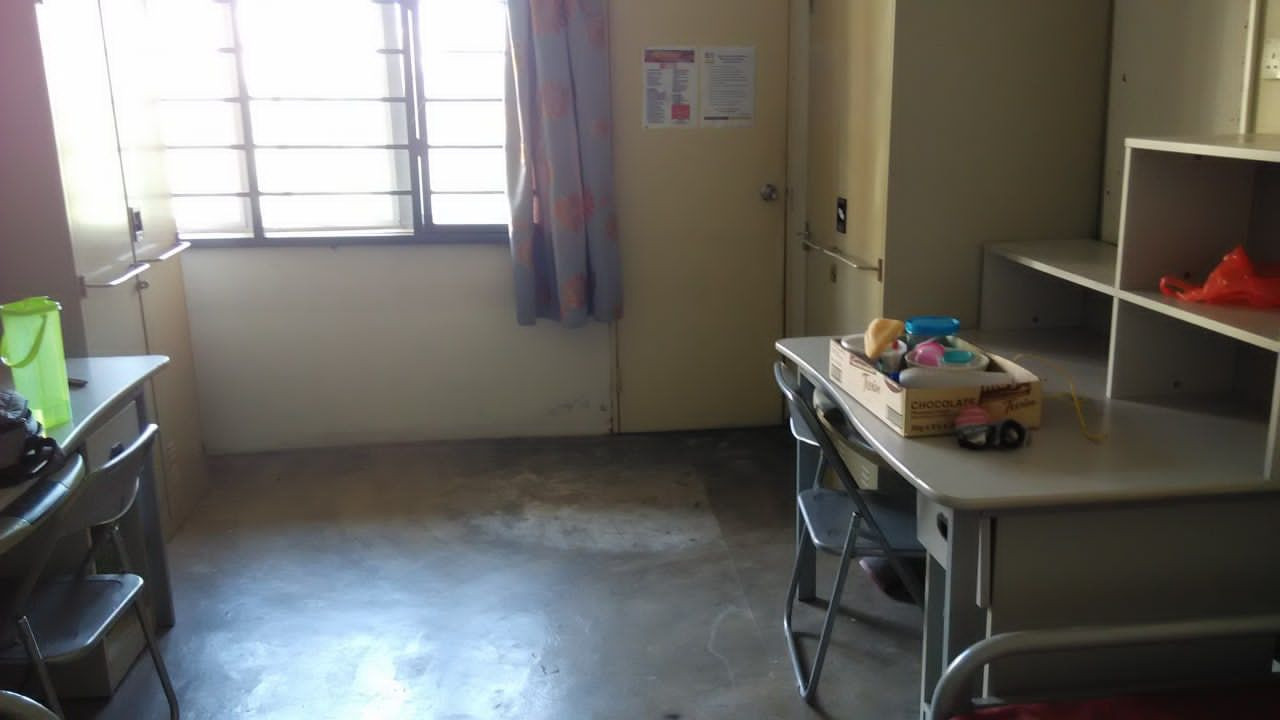
Sarah often finds herself being misunderstood and struggles to maintain friendships with her course-mates, thus suffering through the brunt of being ousted and isolated. She speaks also of missing social cues and being too literal in her perception of what is being communicated to her. Sarah finds herself ostracised and isolated.
She told me of an incident where a girl complained that Sarah speaks too much, and it was annoying. Sarah perceives the comment as an instruction that she ought to stop talking to the girl, leading to a misunderstanding that Sarah had chosen to stop being friends instead.
Situations like these happen very often throughout her university experience. And it led to a lot of bullying that sometimes could escalate to Sarah feeling so isolated and left to also struggle with suicidal ideation.
Upon graduation, Sarah became so burnt out from her experience in university that she was left without much room to face seeking employment within her field of studies. Wondering if it was fear of facing her bullies again in the field of engineering, she explained this to me.
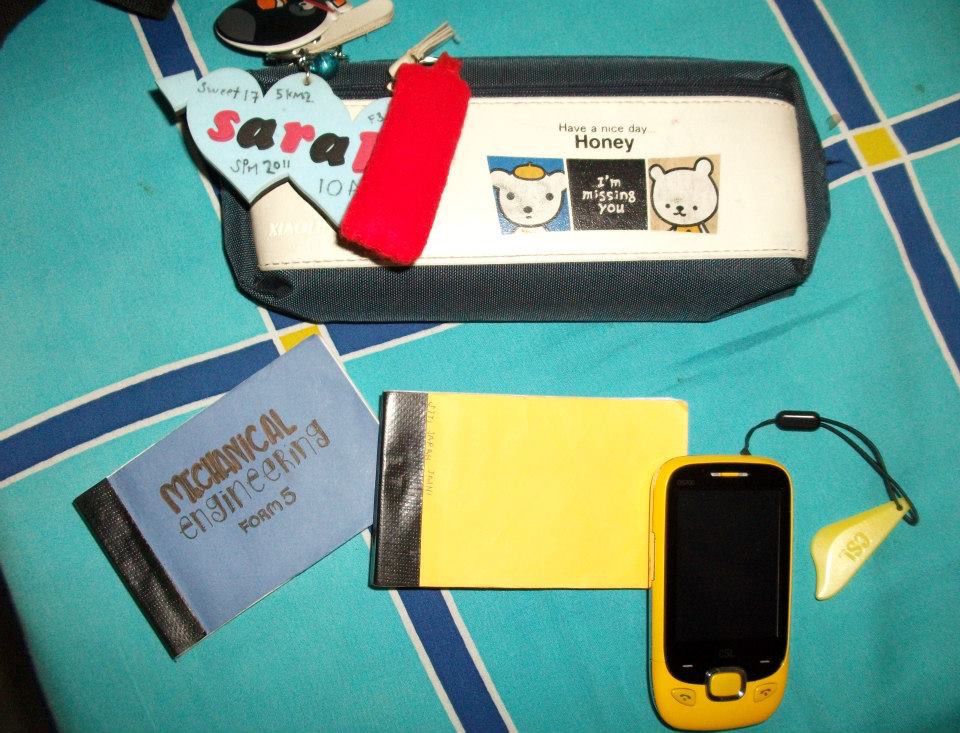
“It’s not completely about being scared. I just got so tired of being blamed for not understanding why I sometimes get things wrong and being misunderstood all the time. I know now that it’s because these are my autistic traits.
"But most people are unable to understand autism the way that I do and they make very little effort to. So, I am exhausted to keep up with the need to constantly explain myself. Is it my job to educate the public about me?”
Sarah continually faces these situations even within her short-lived employment experience after graduation. She doesn’t understand immediately the reasons why she is fired every few months and why she is unable to hold a job down for long.
Without due accommodation and being faced with the stigma attached to autism as well as even just struggling to have her autism diagnosis recognised, she finds herself struggling to find an environment for her to thrive – be it at school, university or in employment.
This is often a situation that other autistics encounter, too. They are often offered a job or a position within their expertise, but most were unable to keep the employment going for long, due to the environment they are put in that would overwhelm them.

With little understanding from employers on what’s needed by autistics to thrive, it is hard to build better employment policies in hiring autistics without involvement from autistics themselves. Sarah receives monthly government aid as she made an effort to procure a disability card. Without this, she would be entirely dependent on her family, with no pathway towards being independent.
Sarah also speaks of living in a small city. She points out a huge cultural barrier where autistics are often seen as a severe impairment and a condition that’s clouded in shame from her community.
She also has limited access to a wider range of services that are very often centred only around Klang Valley, leaving her to make the best of what’s within her locality. It is also a challenge in navigating around the stigma and widely believed myth that autism is a condition found only in children.
She is bewildered that these are common misconceptions among the medical professionals, mental healthcare workers practising in her city, and even her relatives who are teachers. She laments over how a nurse had once mistaken that she was seeking an appointment for her child.
Upon disclosing that she is autistic herself, she was met with a change in the nurse's behaviour towards her immediately. The nurse started to speak remarkedly slower and was in disbelief that Sarah drove herself to the appointment. Sarah wonders if society at large uses a different yardstick to measure those who are autistic, or in fact, any person living with disabilities.
This is an issue often debated by many on how we view those living with disabilities – be it an obvious physical difference or those with invisible disabilities and support needs. We are often seen as less than the person sitting next to us and not functional contributors to society.
This finds us being held on a lower rung on the social hierarchy – further enabling a polarised view by the society towards the entire autistic community.
Sarah highlighted too that all one could simply do is take a quick look at our social media feed and the various mainstream media platforms. She notes that the conversations about autism that streams through are often an overwhelming perspective and voices from parents of autistic children, caregivers, and medical professionals.
You also often find perspectives from special education needs educators, which is just a catch-all phrase for the many different types of non-traditional learners. While these people undoubtedly had lots of experience and are equally important voices within the autistic community, we must acknowledge that none of them is autistic.
No other identity group would accept having their perspectives spoken and debated about without an actual representation. How did we inevitably allow conversations about autism to be spoken about only by those who are not autistic and create a myth that autistics are unable to advocate for themselves? We also have to ask why this is considered appropriate for autism or disability in general.
Sarah is very vocal about having her thoughts heard and for actual autistic inclusion in the community. It was her writings on Facebook that got us connected.
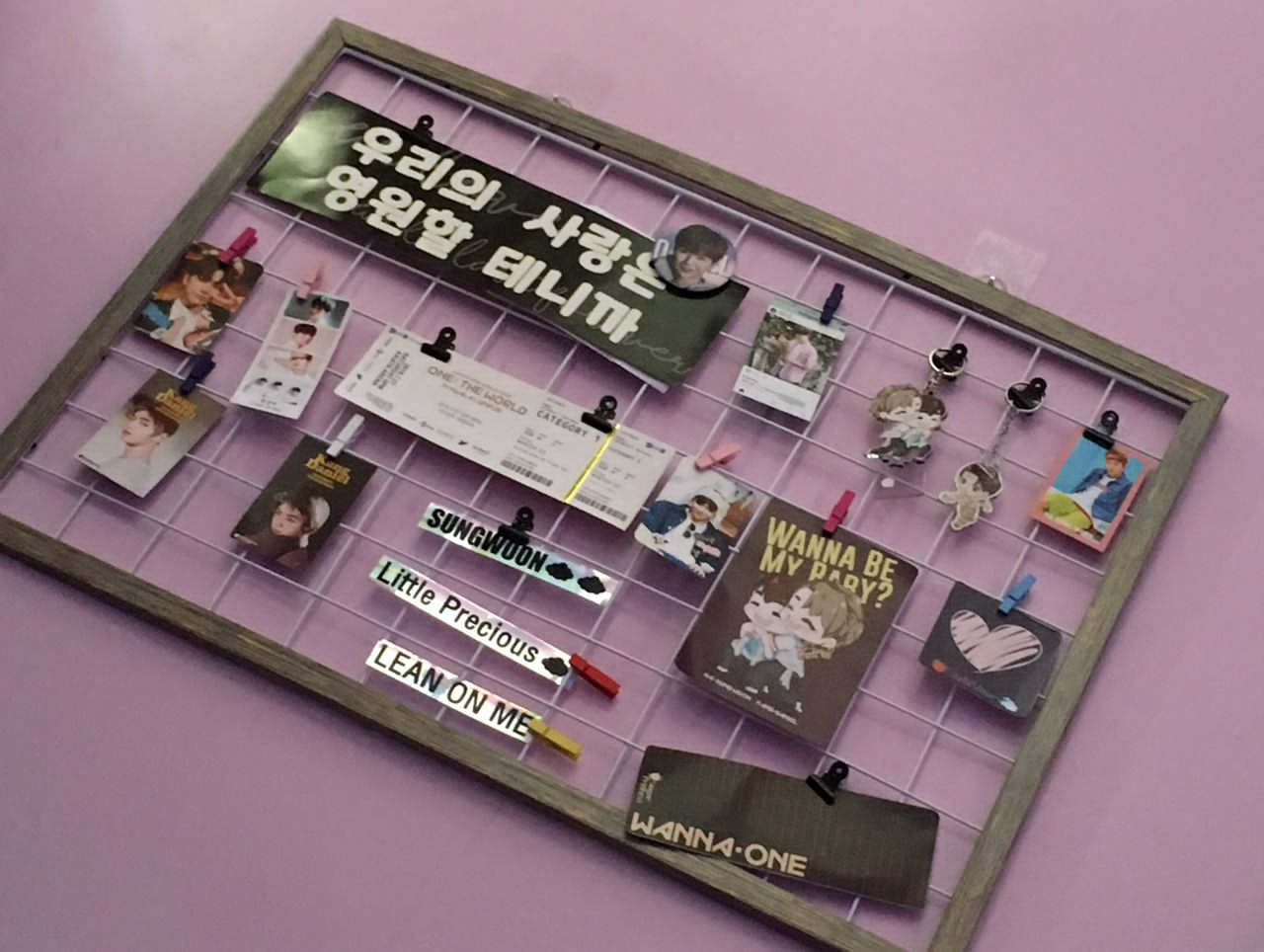
However, she regrets that there had been multiple occasions where her opinions were shut down whenever she questions the validity of certain untruths about autism as well as having a true representation of autistic voices in public forums.
She once found herself being muted by an organiser of a public forum when she questioned why are there no autistic representatives in that panel. Sarah also shares her difficulties in seeking support services catered towards autistic adults and a more definitive pathway of what happens after the diagnosis.
I felt compelled to reach out to The National Autism Society of Malaysia (Nasom) to understand how we ended up in this situation with such a wide gap between the availability of services for children and the lack of it for autistic adults, one such as Sarah.
Nasom is Malaysia’s largest and oldest non-governmental organisation mandated to service the autistic community, founded by a group of concerned parents and professionals. Nasom celebrates its 35th anniversary this year.
Anne Sivanathan, the honorary secretary of Nasom explains that they provide comprehensive assessment and education services for children and young adolescents. They also provide a few vocational programmes that focus on skills in baking, sewing, urban farming and other living skills.
While Nasom had largely been built to support those who seek early intervention programmes and parents with young autistic children; they are indeed working towards providing services for adults after a long fact-finding exercise and community input.
Following the realisation in recent years where conversations globally on autism are shifting to be reframed as building a world with the neurodiverse community in mind.
Anne is hopeful that Nasom's new efforts in working toward an adult support group and launching a pilot project of providing assisted living in a residential home for autistic adults, will reaffirm Nasom’s commitment to the betterment of the autistic community.
Anne also points out that there are other allied organisations such as Autism Café Project, United Voice, and Enabling Academy by Gamuda Foundation which is also committed to supporting autistic adults.
For women like Sarah, or me, while we are frustrated and live with the experience of falling through the gaps of not having early intervention and support from a younger age; I am cognisant that a systemic change towards a better and more inclusive society, takes time.
No organisation, individual or society is perfect. And it’s a constant balance on a tight rope to manage conversations between all stakeholders.
But I am hopeful, that with the voices of women like Sarah, and me, our stories and voice will one day be recognised within the wider media landscape and provide the society at large with concrete references to the nuances and lived experience of being autistic is like. We do not speak for all autistics, but our stories add to the pool.
Meanwhile, let's continue to strive to make changes in how we portray autism and dispel the myths and stereotypes of autistics through renewed conversations with allied organisations and media platforms that are championing our stories.
We must remember that autism is a conversation, not a monologue. Those who find themselves at the seat of the table to enable change, just look around the table and ask themselves, are they taking up the seat of an actual autistic person? – The Vibes, April 30, 2022
Beatrice Leong is a documentary filmmaker and entrepreneur attached to a health tech startup initiative
Autism spectrum disorder (ASD) is a complex developmental condition which involves persistent challenges with social communication, restrictive interest and repetitive behaviours.
There is a persistent misunderstanding that autism is rare in women as female presentations are often much more nuanced and their ability to 'mask' to fit in with their peers, often only manifests in mental health challenges and crises later in their lives.
This month’s series on women with ASD, often known as 'The Lost Girls' by Beatrice, highlights new narratives and perspectives of autism from the inside. Read Part 1 here.
Part 2 here.
Part 3 here.



.jpg)
